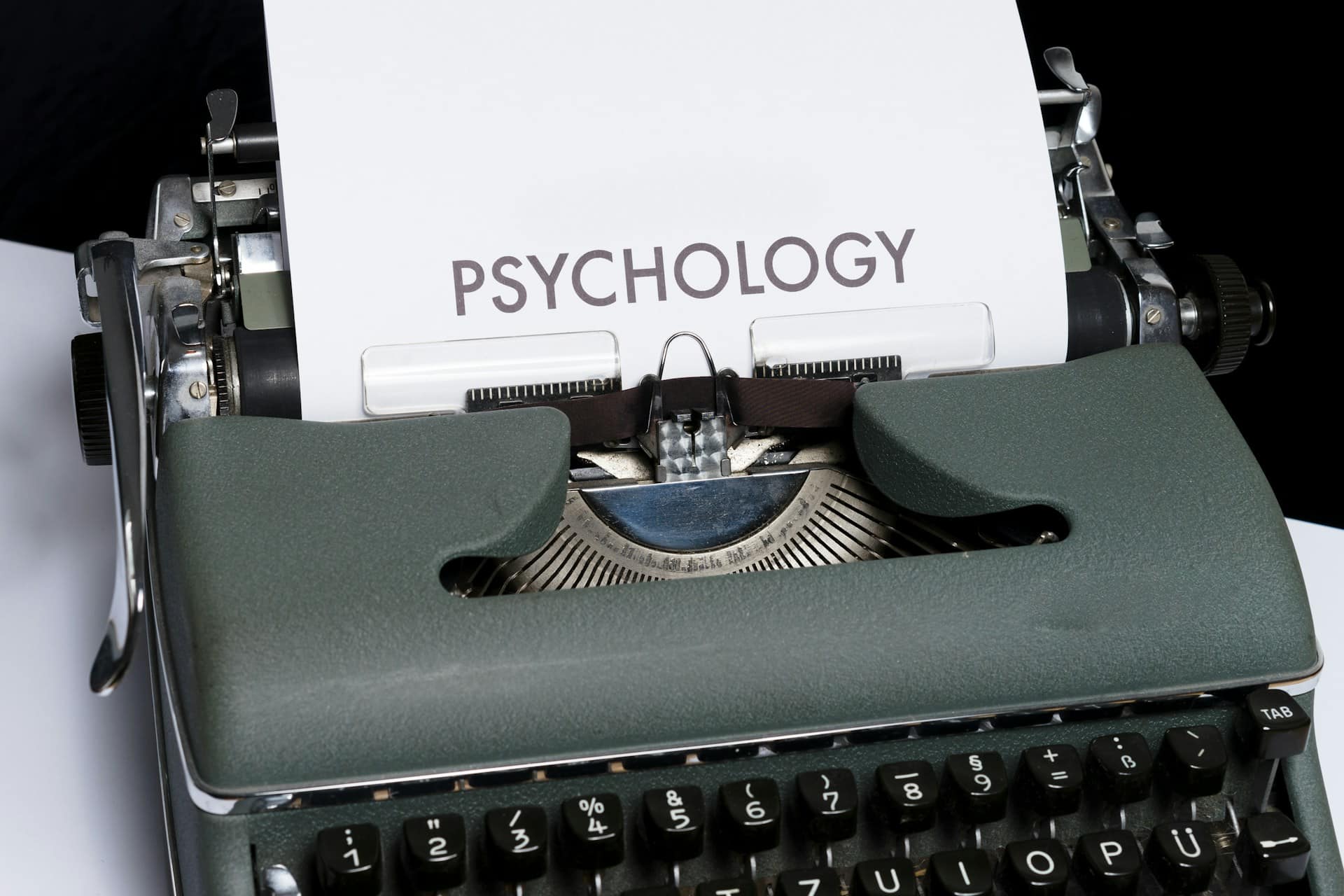











Emotional codependency in relationships with addicts can deeply affect both partners. The addict often becomes the focal point of the relationship, while the codependent partner sacrifices their well-being to manage the addict’s behavior. Over time, this creates an unhealthy dynamic where one person struggles with self-worth and the other continues their destructive habits. The codependent partner might feel responsible for the addict’s actions or believe that they can “fix” them. This can lead to patterns of enabling and emotional manipulation. Understanding what emotional codependency looks like is the first step toward breaking free from these harmful cycles and creating healthier, more balanced relationships. Respect and love in a relationship go together.

Recognizing codependency in relationships with addicts is not always easy, as emotional dependence can be subtle and deeply ingrained. One clear sign is the unbalanced power dynamic, where the addict’s needs take priority over the codependent partner’s. The addict often becomes the focus of the relationship. On the other hand, the codependent partner is constantly trying to fix or manage their behavior. This leads to enabling, where the codependent person indirectly supports the addict’s destructive habits by making excuses or taking responsibility for their actions. Another common sign is the attempt to control the addict’s actions.
Additionally, a lack of boundaries is evident, as the codependent person struggles to maintain a healthy emotional distance. Over time, this draining dynamic causes emotional exhaustion for the codependent partner, who becomes increasingly overwhelmed by the addict’s behavior while neglecting their well-being. Identifying these patterns is the first step toward healing.
Many people do not immediately realize they are in a relationship affected by addiction. Emotional attachment blurs their ability to recognize warning signs or creates a habit of excusing repeated issues. Codependency often begins with small compromises. Over time, those compromises turn into patterns of self-neglect and emotional overinvestment. Relationships with addicts can quickly shift into codependent roles because one partner becomes consumed with the other’s struggles.
Emotional vulnerability plays a major part. Childhood trauma, fear of abandonment, or past toxic relationships can increase the risk of developing codependent behaviors. These patterns usually evolve slowly. The partner may ignore their own needs, while hoping their efforts will help or save the addict. This leads to emotional imbalance and reinforces unhealthy habits. Being aware of the signs your loved one is an addict helps uncover the deeper emotional patterns driving your reactions. These signs include secrecy, mood swings, financial issues, neglect of responsibilities, changes in appearance, denial, and more. This can significantly impact the relationship’s health and stability (Bright Futures Treatment Center, 2025).
Addiction often creates an emotional push and pull that keeps both partners stuck in an unstable cycle. The codependent partner holds on to hope during brief moments of change, then falls into depression and despair when the addict returns to harmful behavior. This pattern keeps them emotionally tied, always waiting for things to improve. Confrontation is usually avoided, as the codependent person fears triggering a relapse or worsening the situation. As a result, conflicts remain unresolved and resentment grows.
Over time, communication breaks down. Honest conversations are replaced with silence, emotional outbursts, or passive remarks. With this in mind, both partners stay trapped in roles, reinforcing unhealthy habits. The addict continues using, and the codependent keeps trying to fix what they cannot control. On the other hand, the more they try to help, the more the cycle repeats. Understanding this dynamic is the first step to ending the pattern and creating change.

Emotional involvement often makes it difficult to see unhealthy patterns. Eventually, daily actions and decisions become shaped by the addict’s behavior. This leads to emotional imbalance and long-term harm. You may notice certain habits developing that point toward codependency. According to the National Library of Medicine, codependency is greater in women married to men who struggle with addiction (Panaghi et al., 2016).
In contrast, healthy relationships are built on shared respect and personal responsibility. Recognizing these signs early is important to rebuild your sense of self and emotional well-being.
Caring for someone with an addiction does not mean sacrificing your well-being. Healthy support involves clear boundaries and mutual respect. So, it is important to know the difference between helping and enabling. True care supports recovery without protecting the addict from consequences or covering up their behavior. However, enabling keeps both people stuck in harmful patterns.
You should set and keep boundaries. This helps maintain emotional balance and protects both partners. On the contrary, codependency ignores those limits, leading to emotional burnout. Then again, support does not mean taking over someone else’s responsibilities. You are not responsible for their choices. Healthy relationships include space for personal growth. Respect must go both ways. Support should never come at the cost of your health or identity.
Moving on from codependency involves creating healthier patterns and letting go of control. Redefining your relationships means building them on respect, trust, and personal responsibility. Instead of focusing on fixing someone else, focus on your growth. Reconnecting with your values, goals, and needs helps you build independence and restore balance.
Healing also requires clear and open communication. Expressing emotions without blame and setting firm boundaries creates space for mutual respect. Both people must be willing to take responsibility for their part in the relationship.
In some cases, the healthiest choice is to walk away and leave traumatic experiences behind. Holding on can cause more harm than good if change is not possible. Whether the relationship continues or ends, the focus should stay on your well-being. Moving forward is about building peace within yourself, not just repairing what is broken. Growth begins when codependency ends, which can be the beginning of something far healthier.
Emotional codependency in relationships with addicts can be exhausting and damaging. However, recognizing the signs and breaking the cycle is a step toward healing. Healthy relationships require boundaries, self-respect, and mutual care. By focusing on personal growth and honest communication, both partners can begin to change. Let go of guilt and choose balance—your peace is what matters.
Sources